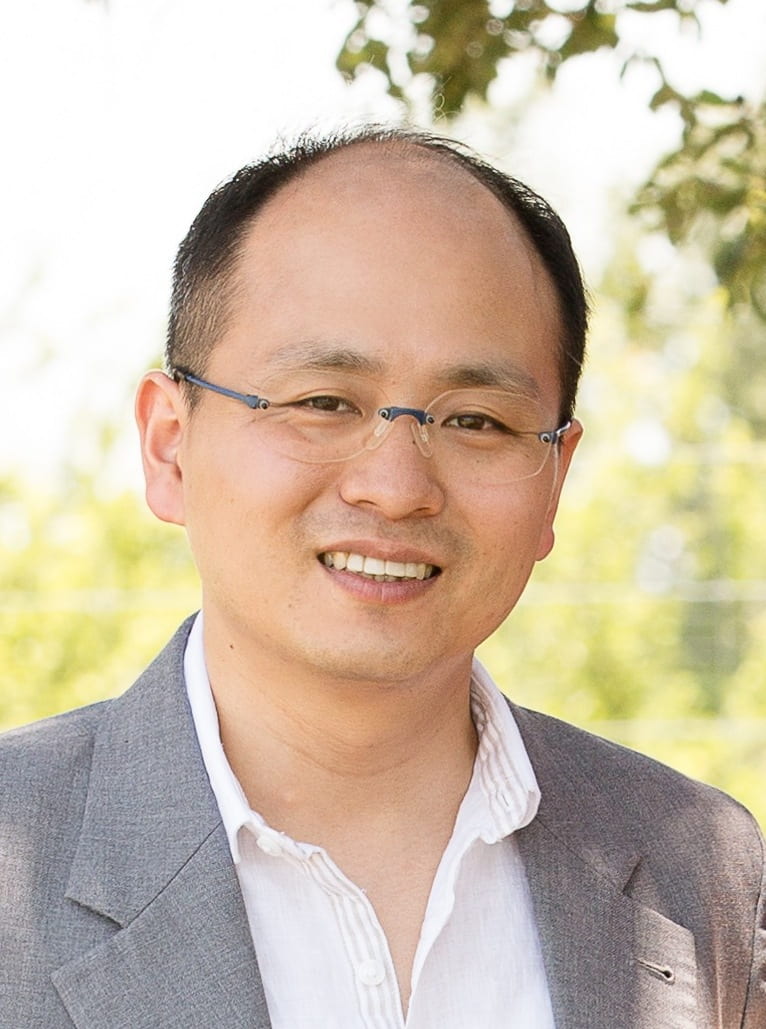We gave our Highland Capital Management Tower Scholars carte blanche to interview our experts and ask anything they would like to know. Izzah Zaheer ’22 took this opportunity to speak with Dr. Hiroki Takeuchi, SMU Tower Center’s Director of the Sun & Star Program on Japan and East Asia, and learn more about US-China trade relations.

US-China relations in recent years has deteriorated with the escalations of a trade war and the increasing human rights violations with the Uighur minority population. The Trump administration maintains harsh rhetoric towards China, accusing China for the COVID-19 pandemic and leaving the WHO because of China’s growing influence. However, what are China’s long term goals? What are their domestic politics and how does that impact their foreign policy decisions?
“US-China relationship is the most important relationship for the Chinese government. However, Xi Jinping has to think about domestic stability before any type of international politics,” said Dr. Hiroki Takeuchi. “However bad the relationship is with the US, and currently it is very tense, that does not lead to a loss of power for Xi Jinping.”
Dr. Takeuchi discusses three main aspects of domestic politics: political rivals, rural and local governance, and various interest groups such as ethnic minorities, workers, and farmers. President Xi Jinping’s handling of domestic issues and the effect that has on these three aspects, dictates his legitimacy as a leader.
“We assume Beijing has a long term international vision and I don’t think they have a long term goal of increasing the Chinese sphere of influence as their primary goal is maintaining one party rule. For example, the nationalistic policy of suppressing the Uighur minorities is to maintain power against other political rivals,” said Dr. Takeuchi.
With China’s focus not being on the foreign policy arena, are the US and China in a Thucydides trap? Are they in a battle to determine who the hegemon is? According to Dr. Takeuchi, China is much more concerned domestically and their foreign policy goals are based on their domestic issues.
“I think what is important for the United States is to remember that China also has domestic politics. That is a problem of US foreign policy as a whole as we often forget that the other side has domestic politics,” said Dr. Takeuchi.
With China concerned with their domestic policy and struggling to control all aspects, there is no cohesive plan for their place on the international arena.
“If China’s central government did not have many concerns with domestic politics, China will be stronger, which I believe is a good thing to have a confident China, which is good news to US-China relations,” said Dr. Takeuchi. “If China is weak, it is more difficult for them to be responsible in international politics.”
Dr. Takeuchi acknowledged that the idea of a strong China may be counterintuitive especially with the current administration hyping up fears of China and their goals internationally.
“What I mean for a strong China, is that if China as a state has the capacity to handle domestic issues, they may have a way to be responsible internationally and play as a responsible stakeholder,” said Dr. Takeuchi. “For Xi Jinping, he has to wrestle with many domestic issues. My analogy is whack a mole and that is the game he is playing domestic policy and he also has to handle foreign policy as well, so how can he have a long term vision?”

Izzah Zaheer ’22 is majoring in political science and management with a minor in public policy & international affairs and French. She serves as the Risk Management Chair for the Alpha Kappa Psi business fraternity and as a Resident Assistant in Mary Hay Peyton Shuttles residential commons. Izzah serves as an Undergraduate Research Analyst at the Hunt Institute where she lends her skills in research to support the various projects and initiatives of the Hunt Institute. Specifically, Izzah was the primary undergraduate researcher on the Kijiji Project, helping to produce the report titled Building Fences to Build Connections.
